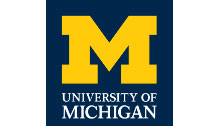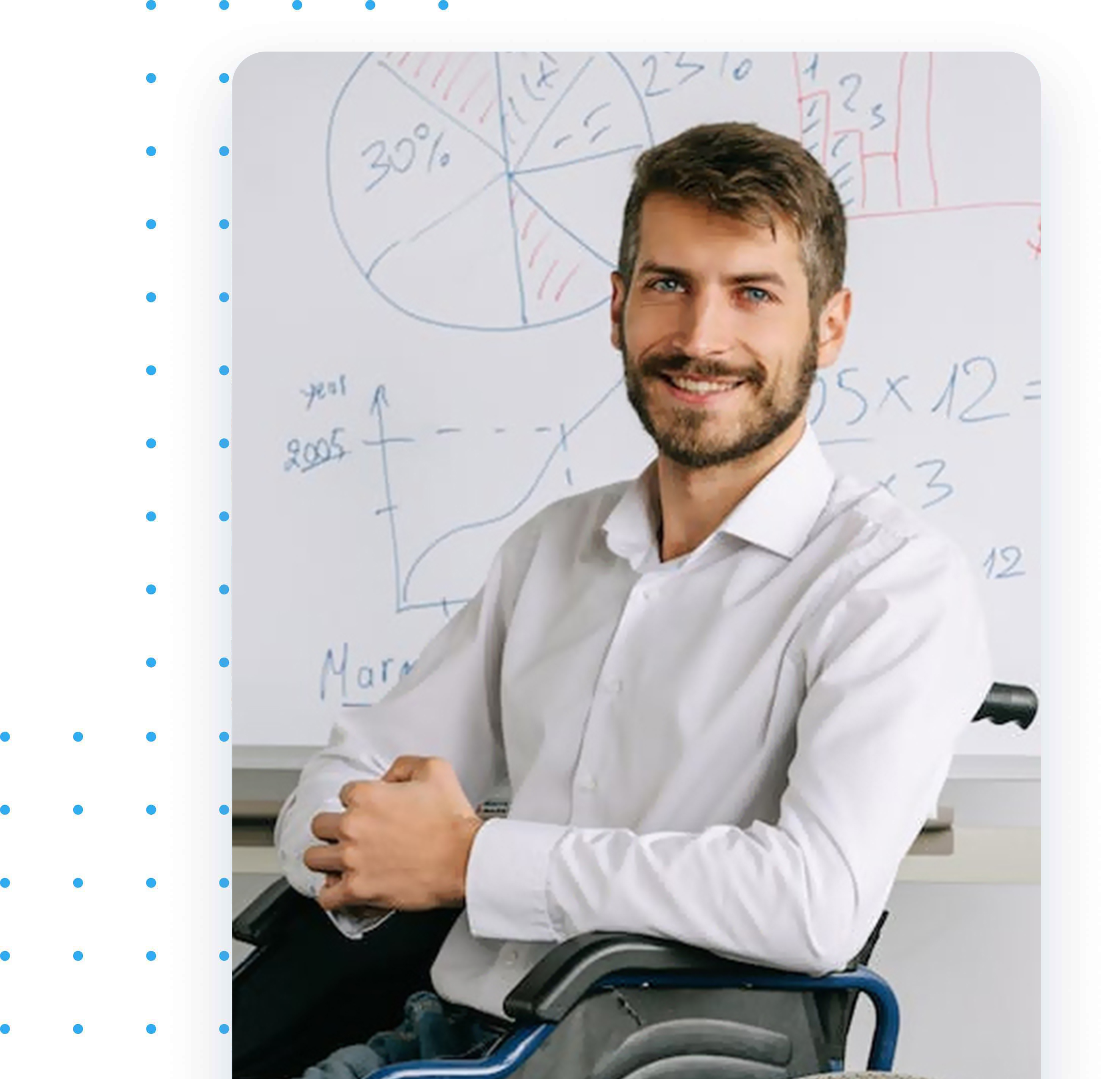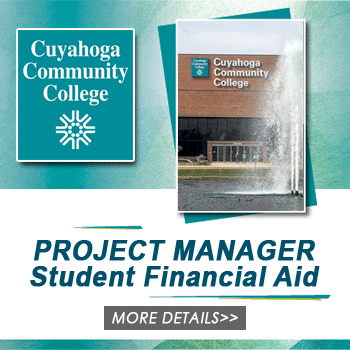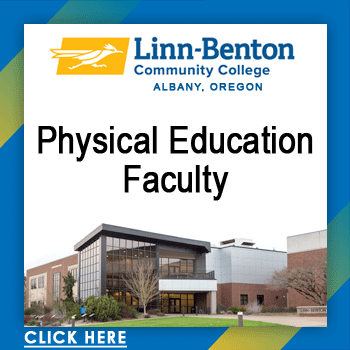
Professor in Sustainable Development Economics
Job Description
How to Apply
To apply, submit application materials in Interfolio, via this link: http://apply.interfolio.com/157082
Applications should include (1) a cover letter (up to 2 pages, single-spaced); (2) CV; (3) a concise personal statement describing your vision and plans for research, teaching, and engagement (up to 5 pages, single space); (4) a statement that showcases a demonstrated commitment to diversity efforts (up to 1 page, single spaced), and (5) a list of three names of academic references with contact information.
Employment will require both a criminal background check and an institutional reference check regarding any misconduct. Candidates will be required to submit a self-disclosure form as well as an authorization to release information form.
Review of applications will begin December 1, 2024 and continue until the position is filled. SEAS hopes to appoint a faculty member to this position to begin Fall 2025.
Job Summary
The School for Environment and Sustainability (SEAS) at the University of Michigan invites applicants for a full-time, nine-month, tenure-track, open-rank faculty position in Sustainable Development Economics. We seek a candidate whose teaching and research interests focus on development economics and policy analysis, with an emphasis on environment and/or sustainability. The candidate will primarily support teaching and advising in the Sustainability and Development Specialization at SEAS which has core foci in the areas of poverty and inequality analytics, governance and institutions, monitoring and evaluation of policies and programs, and transformation science. Importantly, we seek candidates who have interest in and commitment to using applied development economics and policy research designs and methods to contribute to solving real-world environment and sustainability challenges. This work can occur in any topical area, including but not limited to, food systems, health, water resources, urban sustainability, climate change, and land use. The successful candidate may work in any geographical region and use a variety of methodological approaches in their research and policy engagement. They will have demonstrated evidence of interdisciplinary scholarship and collaboration and connections with boundary organizations, policy actors, and/or civil society groups and organizations.
Priority will be given to applicants whose research programs complement or align with one or more current research strengths in SEAS (e.g., geospatial science, food systems, environmental justice, sustainable systems), or who can contribute to further developing cross-unit areas of inquiry and collaboration including global health equity, urban sustainability, decarbonization, demographic transitions, and nature-based solutions. The University of Michigan has a robust and active development economics community; information about our community of scholars is found at https://devecon.umich.edu/.
Mission Statement
SEAS' mission is to contribute to the protection of the Earth's resources and the achievement of a sustainable and just society. The school contributes new scientific knowledge, visionary leadership, and trained professionals toward that end. The faculty of the school are diverse, with natural scientists, social scientists, engineers, and designers working collaboratively in an integrative setting. A professional school set within a major research university, SEAS provides a model of interdisciplinary and applied research and a focal point of research, teaching and societal engagement on sustainability. The school focuses on key cross-cutting sustainability themes, including climate and energy; water; food systems; conservation and restoration; and cities, mobility, and built environment.
The School offers a Ph.D. as well as both research and professional M.S. degrees in seven specializations: behavior, education and communication; ecosystem science and management; environmental justice; environmental policy and planning; geospatial data science; sustainability and development; and sustainable systems. The School also offers a Master's degree in Landscape Architecture (M.L.A.). The student body includes over 500 M.S./M.L.A. and 60 doctoral students. SEAS also co-manages an undergraduate Program in the Environment and participates in dual master's degree programs with the Schools of Architecture and Urban Planning, Business, Engineering, Law, Public Health, and Public Policy. Additional information about the School can be found at www.seas.umich.edu.
At SEAS we are committed to creating and maintaining an inclusive and equitable environment that respects diverse experiences, promotes generous listening and communications, and discourages and restoratively responds to acts of discrimination, harassment, or injustice. Our commitment to diversity, equity, and inclusion is deeply rooted in our values for a sustainable and just society.
Why Work at Michigan?
In addition to a career filled with purpose and opportunity, The University of Michigan offers a competitive salary and comprehensive benefits package to help you stay well, protect yourself and your family and plan for a secure future. Benefits include:
Required Qualifications*
Candidates must have a Ph.D. in economics, applied economics, political science, public policy, sustainability sciences, geography, or a related field. Candidates must have a strong record of scholarly publication, evidence of teaching potential in a multidisciplinary setting, experience with policy and/or stakeholder engagement, as well as activities demonstrating a potential for and/or trajectory towards national and international recognition.
The successful candidate will be expected to:
1) Develop a widely recognized research program that attracts external funding and contributes to the interdisciplinary mission of the school;
2) Support SEAS' teaching mission at both graduate and undergraduate levels, including mentoring and supervising doctoral and master's students and leading master's case based projects
3) Contribute to the stewardship of SEAS, the University, relevant professions, and society through service, collaboration, and engagement.
Modes of Work
Positions that are eligible for hybrid or mobile/remote work mode are at the discretion of the hiring department. Work agreements are reviewed annually at a minimum and are subject to change at any time, and for any reason, throughout the course of employment. Learn more about the work modes.
Additional Information
Salary and professor level will be determined based on experience.
Application Deadline
Job openings are posted for a minimum of seven calendar days. This job may be removed from posting boards and filled any time after the minimum posting period has ended.
Applications will be reviewed as received throughout the posting period and continue until the position is filled.
U-M EEO/AA Statement
The University of Michigan is an equal opportunity/affirmative action employer.
*Please mention you saw this ad on DisabledInAcademia.*
Be Seen By Recruiters at the Best Institutions
Create a FREE Profile to be Seen!






